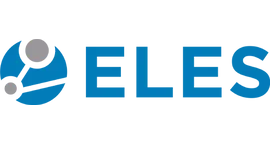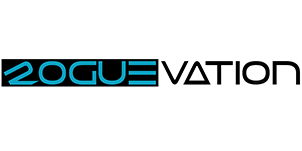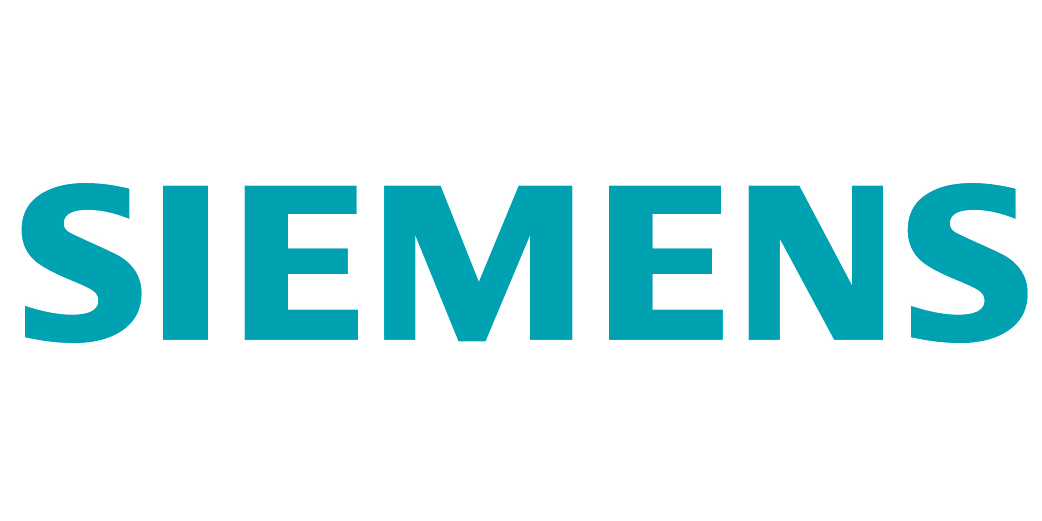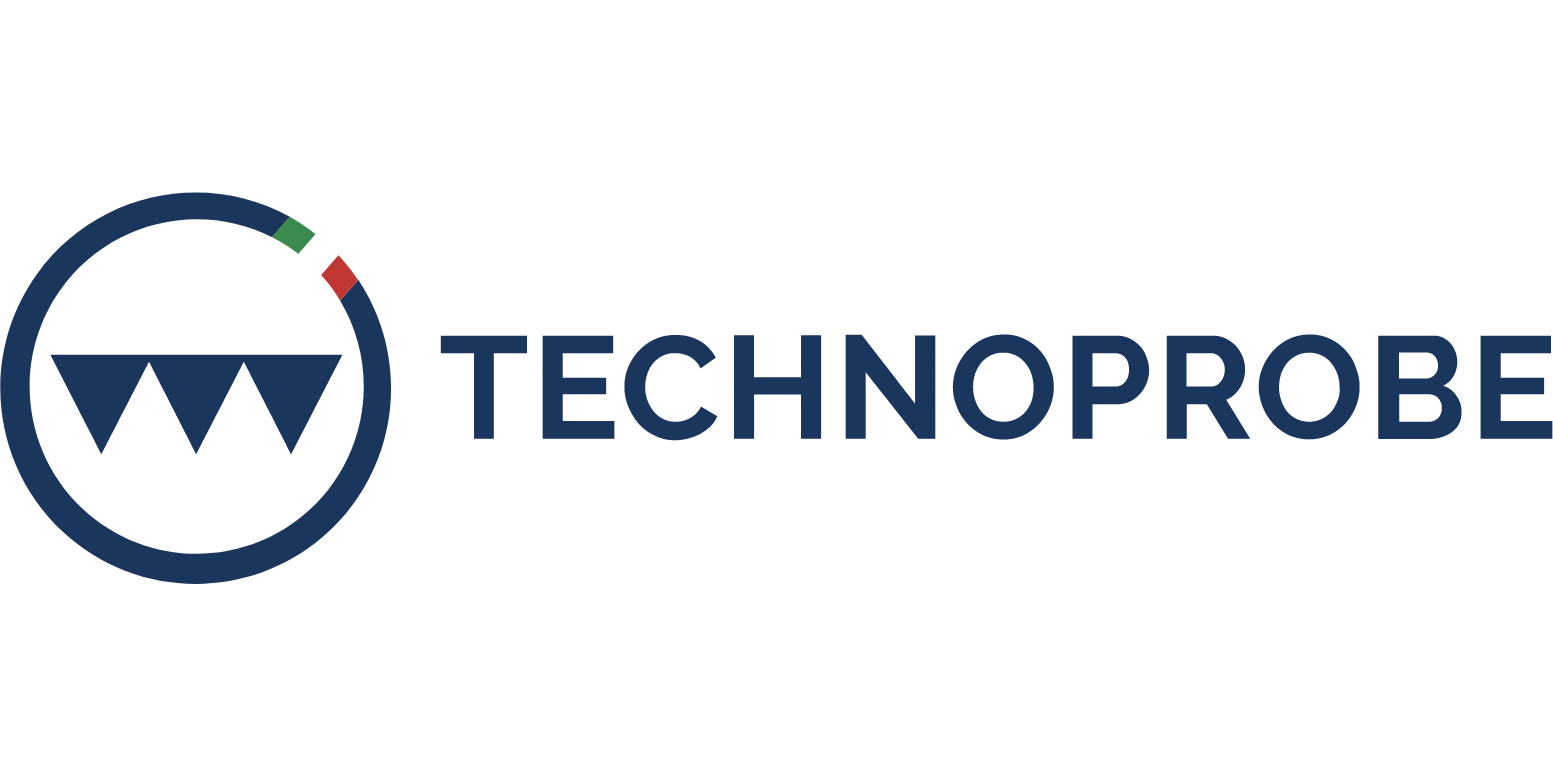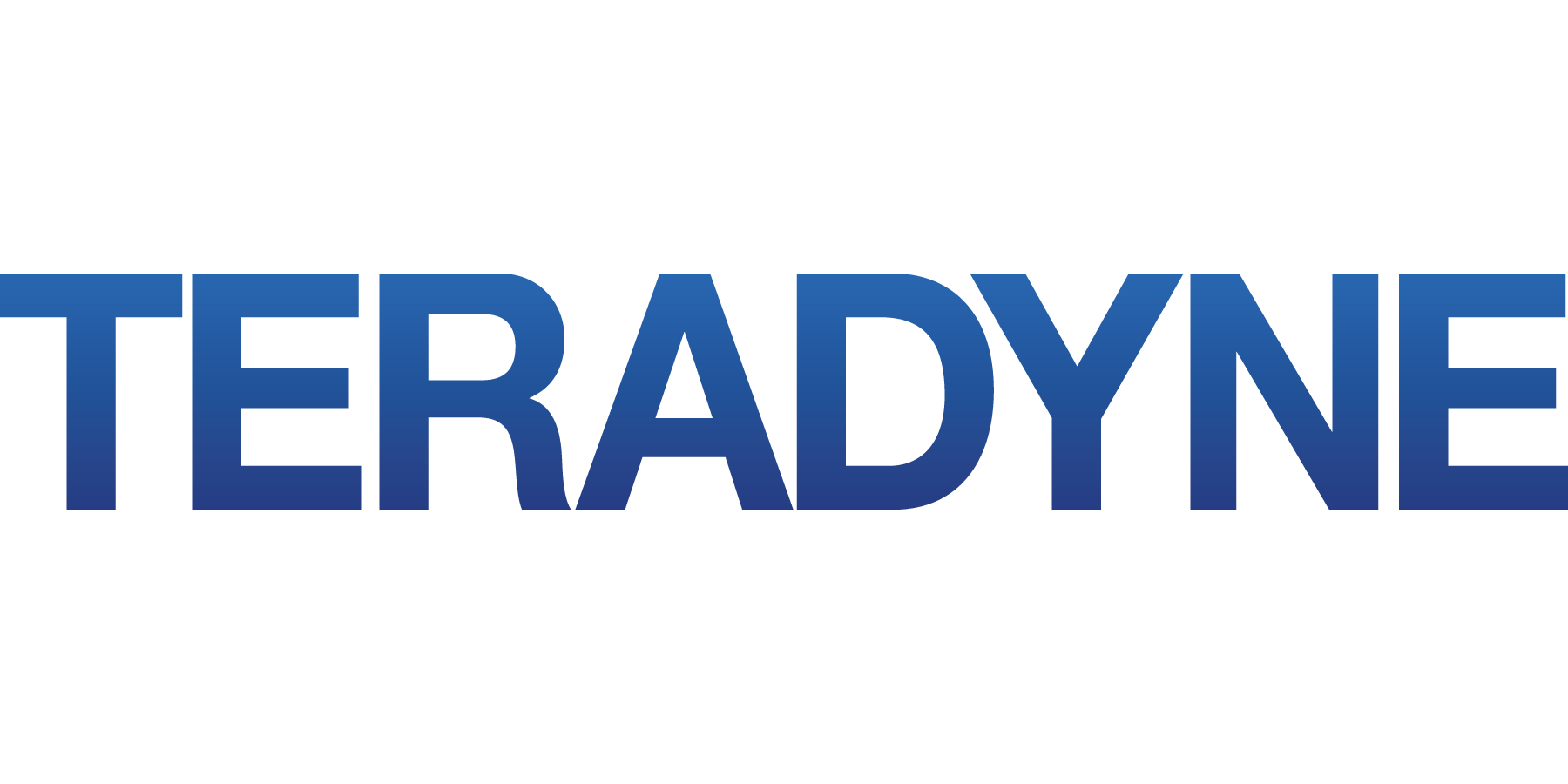Panel 2
Description
Collaboration between Academia and Industry: How Healthy is it?
Moderator: Said Hamdioui (TU Delft, The Netherlands) –
Panelists:
Leticia Poehls (RWTH Aachen, Germany) –
Ilia Polian (University of Stuttgart, Germany) –
Jo Gunnes (NXP Semiconductors, The Netherlands) –
Yervant Zorian (Synopsys, USA) –
Industrial Panelist – To be Announced
Organizer:
Guilherme Medeiros (NXP Semiconductors, The Netherlands) –
Abstract:
This panel will explore the dynamics in academia-industry collaboration, addressing the constraints of each party and how they ultimately impact fruitful partnerships. A focal point of discussion will be the significant obstacles posed by the publication of industrial data, which frequently becomes a deal-breaker in the partnership; we will explore its correlation with shifting company strategies, such as increased data protection measures and reduced spending on research. The panel will then discuss how the lack of consolidated academia-industry collaborations negatively impacts the independence of academic researchers, but also innovative industry development. We will analyze possible joint strategies and potential solutions, and reflect on different paths forward that can benefit both academia and industry.
Biographies:
Leticia Maria Bolzani Poehls graduated in Computer Science at the Federal University of Pelotas (UFPel), Brazil in 2001. In the year 2004, she received her M.Sc. Degree in Electrical Engineering at Pontifical Catholic University of Rio Grande do Sul (PUCRS), Brazil, and in 2008 her Ph.D. in Computer Engineering from the Politecnico di Torino, Italy. From 2010 to 2022 she was Professor of the School of Technology PUCRS. Currently, she is leading the Research Group of Test and Reliability of Emerging Applications at the Chair of Integrated Digital Systems, RWTH Aachen University, Germany. She is member of the Steering Committee for the IEEE LATS and BELAS. Finally, she received the 2021 JETTA-TTTC Best Paper Award, the IEEE Latin American Test Symposium (LATS2022) Best Paper Award and the HiPEAC 2023 Paper Award for the paper at Design Automation Conference (DAC2023).
Jo Gunnes received his M. Sc. degree from Norwegian University of Science and Technology, Trondheim, Norway, in de field of Delay Fault Testing. He is currently a Principal DfT Architect with NXP Semiconductors, Nijmegen, the Netherlands. His current interests include latent defect screening, analogue defect based testing and overall architecture for efficient production testing with high screening quality.
Ilia Polian is a Full Professor and the Director of the Institute for Computer Architecture and Computer Engineering at the University of Stuttgart, Germany. He received his Diplom (MSc) and PhD degrees from the University of Freiburg, Germany, in 1999 and 2003, respectively. Prof. Polian co-authored over 200 scientific publications and received two Best Paper Awards. He is a Senior Member of IEEE. Prof. Polian is the Speaker of DFG’s Priority Program 2253 “Nano Security” and a Director of Graduate School “Intelligent Methods for Test and Reliability” in Stuttgart (funded by Advantest). His scientific interests include hardware-oriented security, emerging architectures, test methods, and quantum computing.
Dr. Yervant Zorian is a Chief Architect and Fellow at Synopsys, as well as President of Synopsys Armenia. He is currently the President of IEEE Test Technology Technical Council (TTTC), the founding chair of the IEEE 1500 Standardization Working Group, the Editor-in-Chief Emeritus of the IEEE Design and Test of Computers and an Adjunct Professor at University of British Columbia. He served on the Board of Governors of Computer Society and CEDA, was the Vice President of IEEE Computer Society, and the General Chair of the 50th Design Automation Conference (DAC) and the 50th International Test Conference (ITC). He founded several other IEEE symposia and workshops. Dr. Zorian holds 45 US patents, has authored five books, published over 400 refereed papers and received numerous best paper awards. He is an IEEE fellow since 1999. He received an MS degree in Computer Engineering from University of Southern California, a PhD in Electrical Engineering from McGill University, and an MBA from Wharton School of Business, University of Pennsylvania.








